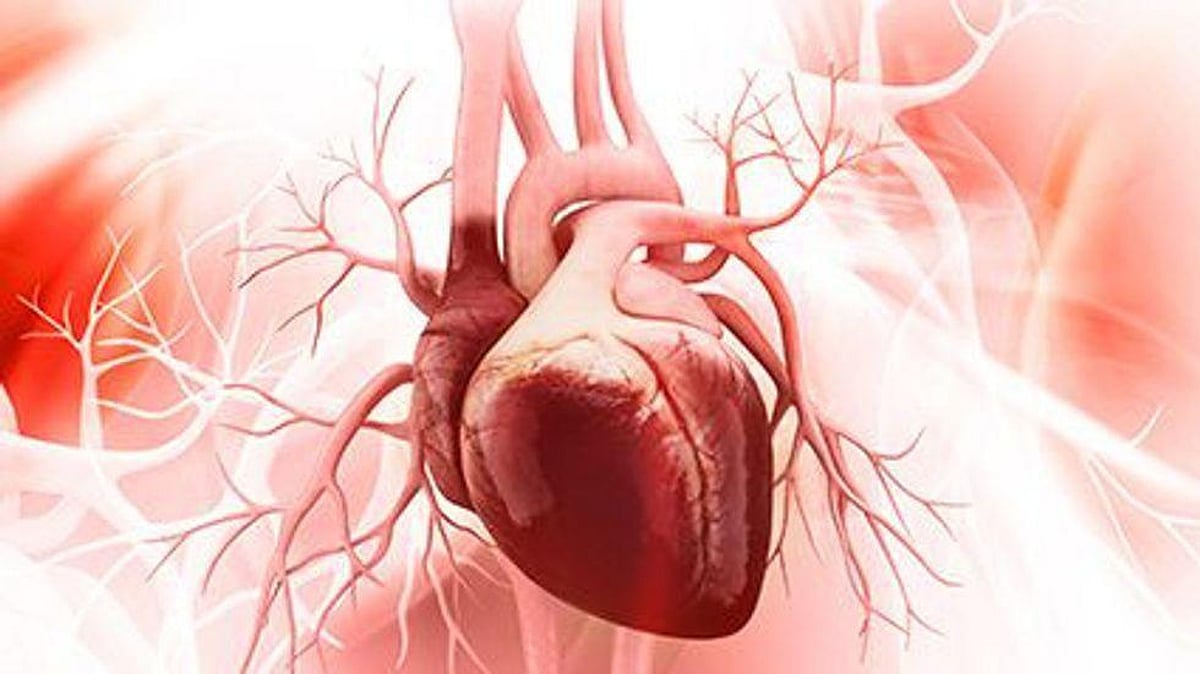AI Algorithm Accurately IDs Two Life-Threatening Heart Conditions

MONDAY, March 14, 2022 (HealthDay News) -- An artificial intelligence (AI) tool can effectively identify and distinguish between two life-threatening heart conditions from ultrasound videos, according to a study published online Feb. 23 in JAMA Cardiology.
Grant Duffy, from Cedars-Sinai Medical Center in Los Angeles, and colleagues assessed the accuracy of a deep learning workflow to quantify ventricular hypertrophy and predict the cause of increased left ventricular (LV) wall thickness. The analysis included ultrasound videos from 23,745 patients seen at two health care systems.
The researchers found that the deep learning algorithm accurately measured intraventricular wall thickness, LV diameter, and posterior wall thickness, and they classified cardiac amyloidosis (area under the curve [AUC], 0.83) and hypertrophic cardiomyopathy (AUC, 0.98) separately from other causes of LV hypertrophy. When using external validation data sets from independent domestic and international health care systems, the deep learning algorithm accurately quantified ventricular parameters (domestic: R2, 0.96; international: R2, 0.90). Mean absolute error was 1.7 mm for intraventricular septum thickness, 3.8 mm for LV internal dimension, and 1.8 mm for LV posterior wall thickness in the domestic data set and 1.7 mm, 2.9 mm, and 2.3 mm, respectively, in the international data set. In the domestic set, the algorithm accurately detected cardiac amyloidosis (AUC, 0.79) and hypertrophic cardiomyopathy (AUC, 0.89).
"The algorithm identified high-risk patients with more accuracy than the well-trained eye of a clinical expert," a coauthor said in a statement. "This is because the algorithm picks up subtle cues on ultrasound videos that distinguish between heart conditions that can often look very similar to more benign conditions, as well as to each other, on initial review."
Three authors disclosed having a patent pending for EchoNet-LVH; several authors disclosed financial ties to the pharmaceutical and medical technology industries.
Related Posts
How Much Do Kids Worry About Stuff? Survey Gives Answers
WEDNESDAY, April 5, 2023 (HealthDay News) -- Life isn’t all fun and games for...
U.S. Pedestrians Dying at Highest Rate in 40 Years
THURSDAY, May 19, 2022 (HealthDay News) -- U.S. pedestrian deaths in 2021 were...
Más hombres de ‘baja estatura’ se someten a cirugías para alargar sus piernas
MARTES, 30 de mayo de 2023 (HealthDay News) -- Algunos hombres de baja estatura...
Breast Cancer Survivors Age Faster Biologically Than Cancer-Free Women: Study
FRIDAY, July 21, 2023 (HealthDay News) -- Women who have survived breast cancer...
